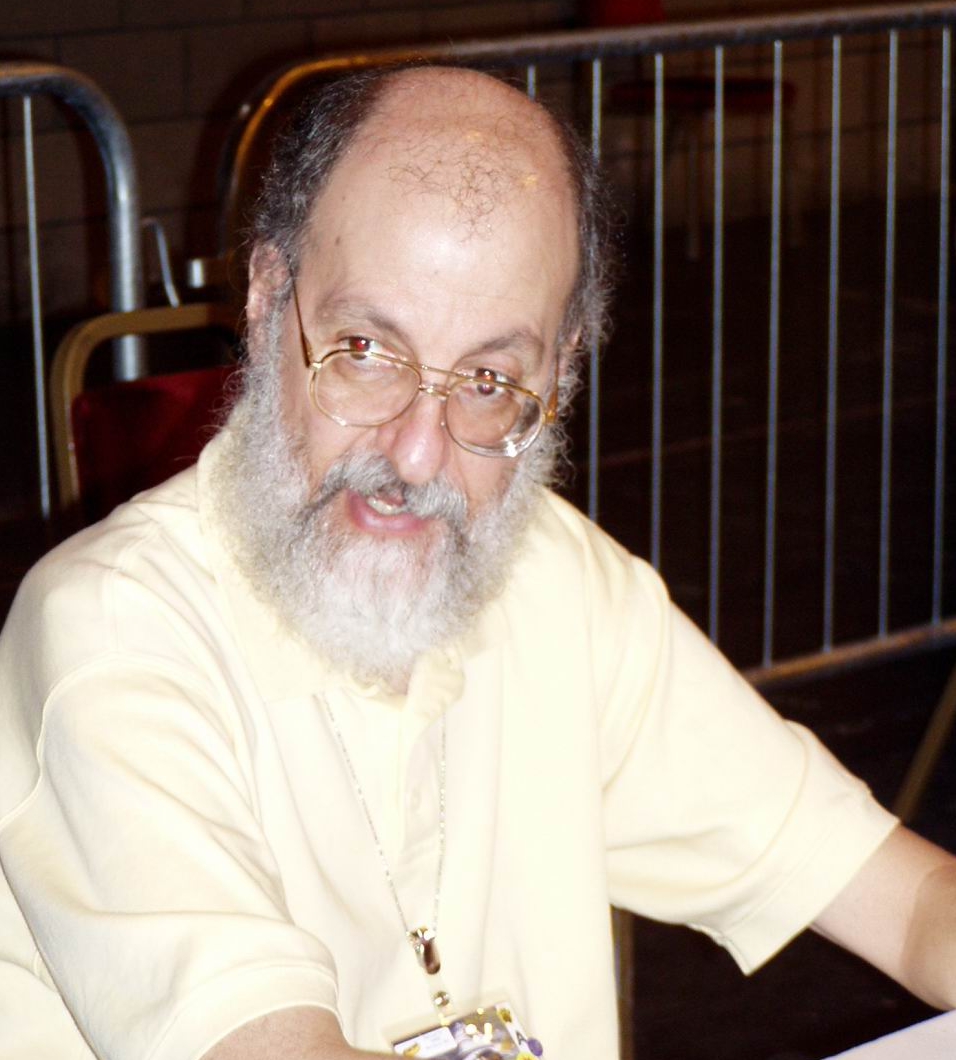Fuente: Ruled Britannia (2002), p. 394
Contexto: Someone bumped into Shakespeare: Will Kemp. The clown made a leg- a cramped leg, in the crush- at him. "Give you good den, gallowsbait," he said cheerfully. "Go to!" Shakespeare said. "Meseems we are well begun here." "Well begun, ay. And belike, soon we shall be well ended, too." Kemp jerked his head to one side, made his eyes bulge, and stuck out his tongue as if newly hanged. With a shudder, Shakespeare said, "If your wind of wit sit in that quarter, why stand you here and not with the Spaniards?" "Why?" Kemp kissed him on the cheek. "Think you're the only mother's son born a fool in England?"
Harry Turtledove: Frases en inglés
“If you want your freedom, go and take it."”
Fuente: Ruled Britannia (2002), p. 375
Contexto: Dying Boudicca managed a feeble nod, and sent her last words out to a breathlessly silent Theatre:
"E'en so; 'Tis true. Oh!- I feel the poison!
We Britons never did, nor never shall,
Lie at the proud foot of a conqueror,
But when we do first help to wound ourselves,
Come the three corners of the world in arms,
And we shall shock them. Naught shall make us rue,
If Britons to themselves do rest but true."
She fell back and lay dead. Shakespeare strode forward, to the very front of the stage. Into more silence, punctuated only by sobs, he said,
"No epilogue here, unless you make it;
If you want your freedom, go and take it."
Fuente: The Man With the Iron Heart (2008), p. 413
Fuente: The Man With the Iron Heart (2008), p. 17
Fuente: The Man With the Iron Heart (2008), p. 7
Fuente: The Man With the Iron Heart (2008), p. 63
“People you don't like are pigheaded. Your friends are stubborn, or hold to their purpose.”
Fuente: The United State of Atlantis (2008), p. 184
couldn't joke around with the one man who'd known him when he was just a sergeant, with whom could he joke? Nobody. Nobody at all.
Fuente: American Empire: The Victorious Opposition (2003), p. 533
Fuente: The Great War: American Front (1998), p. 6
made him whoop for sheer glee. He'd waited so long. Now his day was here.
Fuente: American Empire: The Victorious Opposition (2003), p. 534.
Fuente: The Man With the Iron Heart (2008), p. 11
Fuente: The Man With the Iron Heart (2008), p. 56-57
Fuente: The Great War: American Front (1998), p. 33
On Jake Featherston in an interview with Locus magazine (February 2003) http://www.locusmag.com/2003/Issue02/Turtledove.html
Now he sounded like a politician; he despised Theodore Roosevelt, and took pleasure in Roosevelt's dislike for him.
Fuente: The Great War: American Front (1998), p. 32
Fuente: The Man With the Iron Heart (2008), p. 528
Tor's Worlds Without Death or Taxes (December 2008) http://www.reason.com/news/show/129996.html
It was a good answer. Lord Lyons nodded, as if in thoughtful approval. Then Lee remembered the Rivington men. They too had their ideas on what the Confederate States of America should become.
Fuente: The Guns of the South (1992), p. 183
